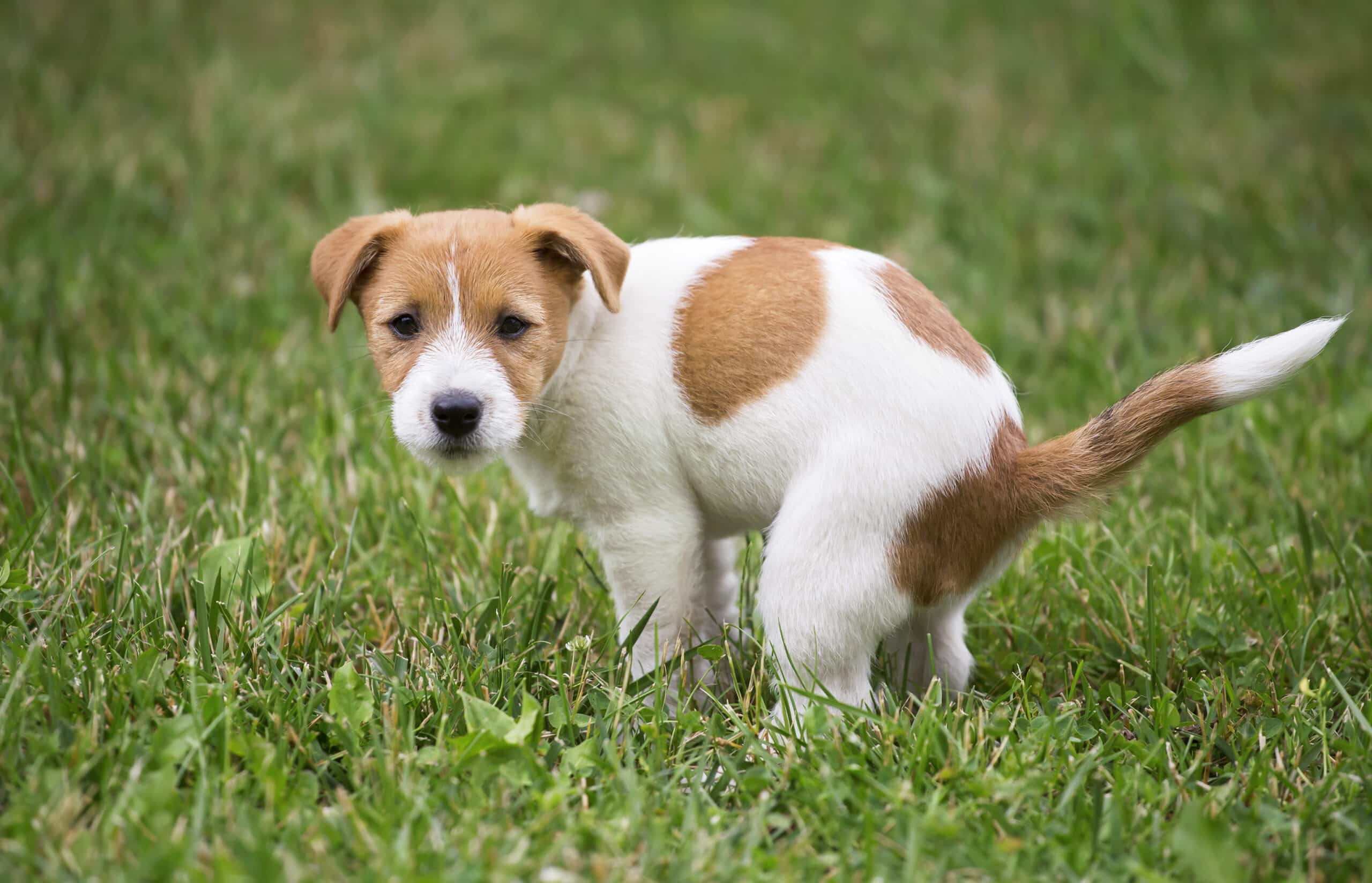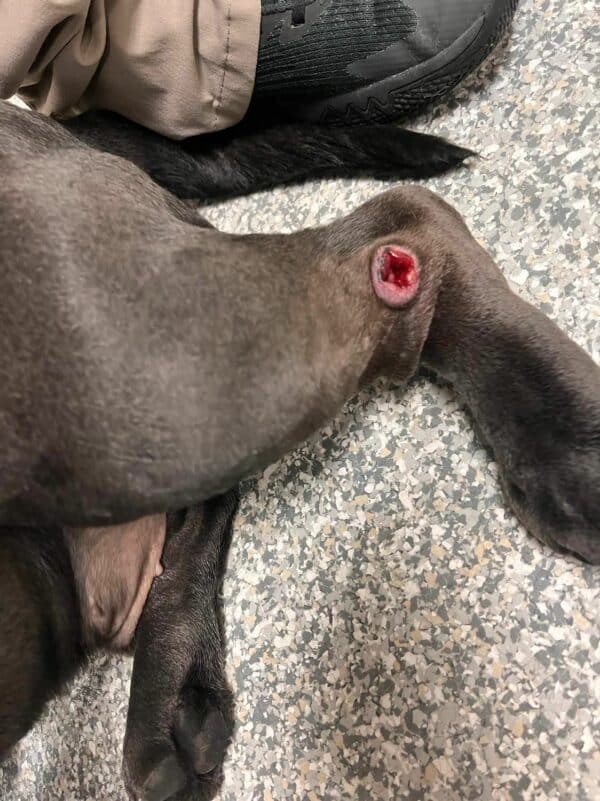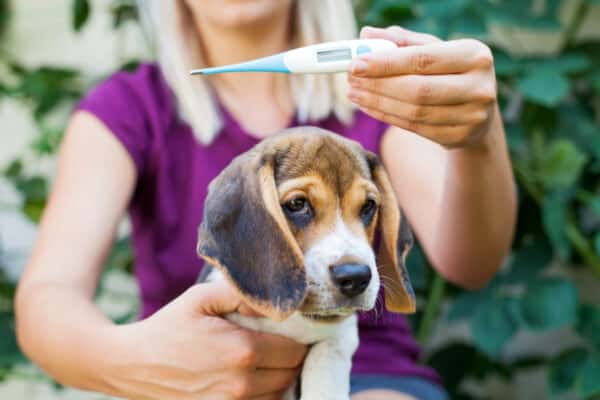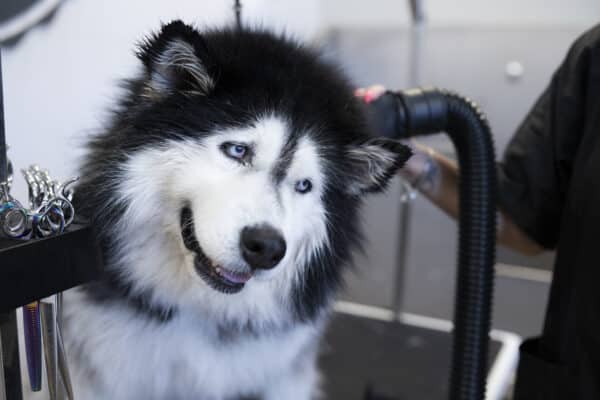Parvovirus can be a threat for puppies at any age. It can be especially dangerous for pets that are out and about with other dogs, as it is transferred by contact with canine stools. Luckily, it almost never occurs after your dog is 14-months-old.
Even with preventative actions such as vaccinating, Parvovirus can attack. Parvo is a viral canine disease, and the virus grows in rapidly dividing cells such as the intestinal lining. It attacks and kills these cells and can lead to death. Parvo also causes a suppression of white blood cells and can infect the heart muscle. The key is to know what signs to look for and to get treatment immediately if Parvo is suspected.
Symptoms to Look For
- Diarrhea, bloody
- Lethargy
- Vomiting
- Depression
- Pain when defecating
- Loss of appetite
- Fever
Treatment
1. Testing – There are tests for Parvo in the stool but results can be a false positive for those puppies recently vaccinated.
2. Going By Symptoms – If the results of the test are positive and there are symptoms present, your vet will likely treat it as Parvovirus even if your puppy was recently vaccinated.
3. Fluids – Intravenous fluid is the main treatment for Parvo. Serum and colloidal fluids are used, along with traditional fluids. The colloidal fluids appear to be mainly to credit for recovery.
4. Antibiotics – These prevent secondary bacterial infections. Antibiotics such as Amoxicillin are usually used.
5. Immunity – Strengthening your puppy’s immune system, ideally before catching Parvo but also after infection, can help him fight it. Check with your vet for ideas that correlate with his medical treatment.
The good news is that about 80% of treated puppies with Parvovirus will live. But treatment is essential. Without it, about 80% will die. If your puppy shows one or more of these symptoms for more than a week, contact your vet immediately. Better to find out his stool is loose because he ate a sock than to take a chance on Parvovirus.
Featured Image Credit: Wavetop/ Getty Images





